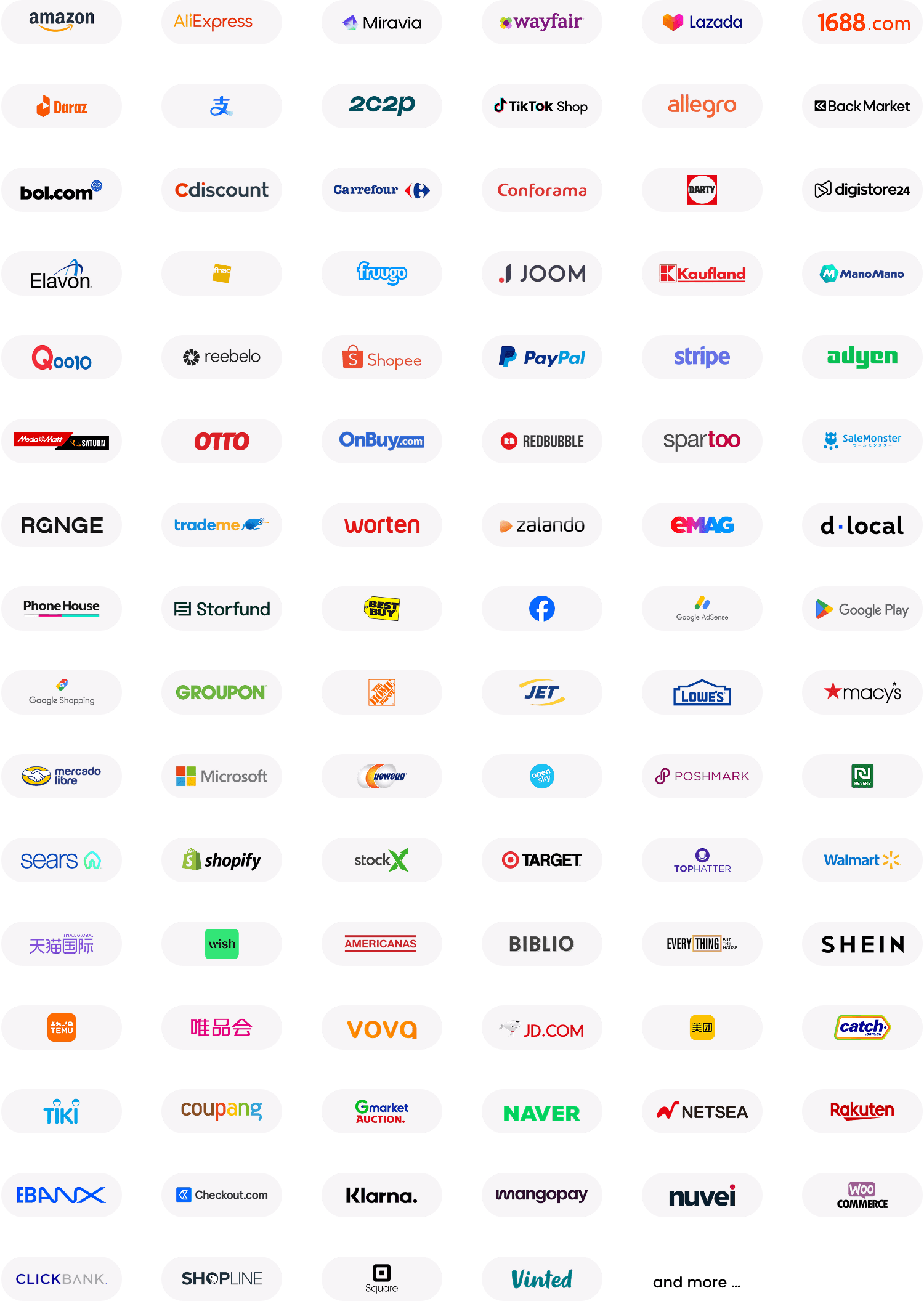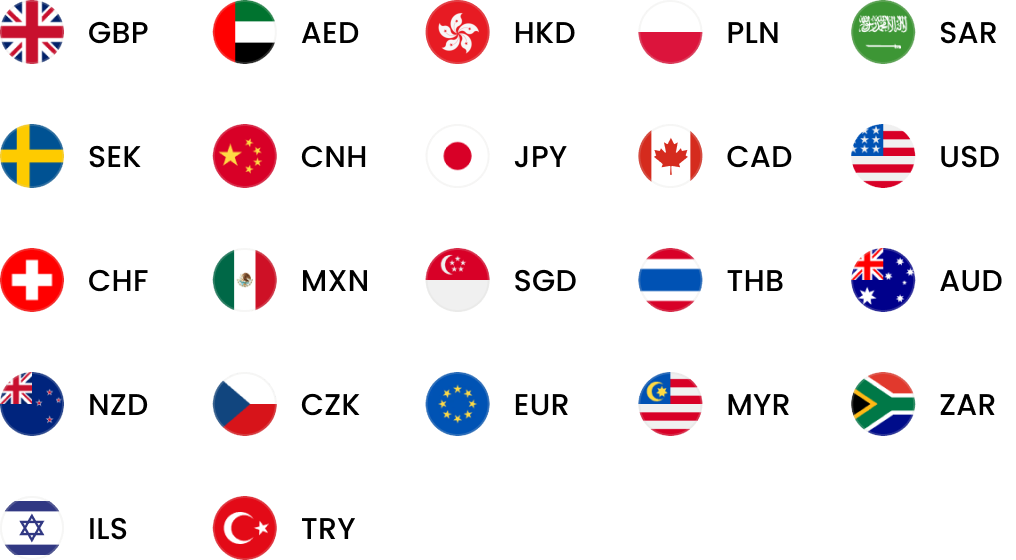How to start a business in Switzerland: 8 key steps to know
Last update: 12 Aug 2025
With a strong economy, strategic location and business-friendly environment, Switzerland offers attractive opportunities for business owners and entrepreneurs ready to set up or expand their company.
For all its beauty and dynamism, Switzerland is an expensive place to live and do business. Yet with high costs can come high rewards, with affluent customers right on your doorstep.
So if you’re tempted to set up a business in Switzerland, here are some things to think about before starting your international expansion.
This short guide will help you assess costs, understand registration requirements and plan each step carefully – from drafting your business plan and securing a Swiss bank account to meeting social security obligations and managing your tax rate.
Whether you’re starting small or setting up a new branch, here’s what you need to know to get your Swiss business up and running smoothly.
We’ll cover:
- How to set up a business in Switzerland (and eight steps to get started)
- How WorldFirst can simplify banking and payments for your Swiss business
Ready to make your Swiss expansion smoother? Open your World Account for free today to get local CHF account details, hold 20+ currencies, pay suppliers in 100+ destinations and simplify your international payments.

How to set up a business in Switzerland (and eight steps to get started)
Here’s a quick look at the main pros and cons to help you plan effectively:
| Pros | Cons |
|---|---|
| Predictable legal framework: Transparent regulations and reliable contract enforcement | High cost of living and doing business: Expect premium real estate, utilities and labour costs (all in CHF) |
| Highly skilled workforce: Strong education and training systems support specialised industries | Strict residence and work permit requirements: Especially challenging for non-EU/EFTA nationals, with criteria tied to economic benefit and self-sufficiency |
| Affluent customer base: High purchasing power can justify premium pricing | Language and cultural differences: Three official languages (German, French, Italian) can affect branding and customer communications |
| Sector strengths: Leading industries include finance, pharmaceuticals, technology and advanced manufacturing | Complex tax landscape: Federal and cantonal tax rates vary, requiring careful planning |
| Multiple legal structures: Options from sole proprietorship to GmbH and AG to match your goals | Mandatory social security contributions: Employers must register and contribute for staff pensions, accident insurance and other schemes |
Understanding these factors early can help you write a stronger business plan, budget accordingly in CHF and avoid surprises as you move through the setup process.
For example, the high cost of living is a double-edged sword. One one hand, you’ll need to budget for premium real estate leases and higher labour costs in CHF. On the other, you’ll be selling to a local audience of well-paid workers with strong purchasing power, which can support premium pricing if your business model allows it.
Visas and immigration rules can also be a deciding factor. There isn’t a specific visa for people moving to Switzerland purely to start a business.
Non-EU residents / nationals need to meet strict criteria to work on a self-employed basis, often proving that their business will benefit the local economy – see the Swiss government website for more details. If you’re not planning to live in Switzerland – say, running an online business from abroad – you can avoid these restrictions, but you’ll still need to understand, import and export duties to trade compliantly.
Here are the eight steps to launching your business in Switzerland:
1. Choose your business structure
Whether you’re launching a small, owner-run venture or planning a large corporate presence, Switzerland offers a range of legal structures designed to support different business goals and operational needs. Here are the main options to consider:
- Sole proprietorship: Simple to set up and ideal for individuals running their own business. The owner is personally liable for all debts and pays income tax on profits as part of their individual return.
- General partnership: Designed for two or more people running a business together. Partners share profits, responsibilities, and have unlimited liability.
- Limited partnership: Includes at least one general partner with unlimited liability and one or more limited partners whose liability is capped at their investment.
- Limited liability company (GmbH/Sàrl): A popular choice for SMEs. Requires CHF 20,000 in fully paid-up share capital, with liability limited to company assets. At least one director must be a Swiss resident.
- Stock corporation (AG/SA): Suited to larger or more complex businesses. Requires CHF 100,000 in share capital (at least CHF 50,000 paid in). Offers shareholder anonymity and greater credibility. Must have a Swiss-resident director.
- Branch office: Allows foreign companies to set up a local presence without setting up a new legal entity. Must be registered in the Swiss commercial register and have at least one Swiss-resident representative.
When you’re deciding on your structure, think carefully about liability, capital requirements in CHF, management and ownership rules, tax implications and any residence permit or work permit needs for foreign nationals.
Getting this choice right will make everything else, from writing your business plan to registering your company, far more straightforward.
2. Prepare your business plan
A clear, well-researched business plan is essential for setting up in Switzerland, especially if you’re applying for a residence permit or seeking financing.
Your business plan should include:
- Company name and legal structure (e.g. sole proprietorship, GmbH)
- Business goals and target market, including any sector-specific opportunities in Switzerland
- Detailed budget in CHF, accounting for high labour and real estate costs
- Marketing and sales strategy tailored to Swiss customers (considering language regions)
- Operational plan covering staffing, suppliers, and logistics
- Financial projections, including expected annual turnover and required share capital
Swiss authorities may request your plan as part of permit or registration processes, so make sure it’s professional and demonstrates your business’s viability in the Swiss economy.
3. Register your business
Once you’ve chosen your legal structure and prepared your business plan, you’ll need to officially register your company in Switzerland.
Key steps include:
- Choose your company name: Must be unique and meet Swiss naming rules
- Deposit required share capital: CHF 20,000 for a GmbH or CHF 100,000 for an AG (with at least CHF 50,000 paid in). Funds must be held in a Swiss bank account before registration
- Draft articles of association: Required for limited companies and must be notarised
- Register with the Swiss Commercial Register: Makes your new company a legal entity. This step requires at least one Swiss resident with signatory authority
- Get your UID number: The Unique Enterprise Identification Number is needed for invoicing and tax
Registration costs and requirements vary by canton and legal form, so check local guidance carefully or consult a local advisor.
4. Open a Swiss bank account
Having a Swiss bank account is essential for operating locally. It enables you to:
- Handle day-to-day business expenses in CHF
- Pay staff, suppliers and rent
- Manage social security contributions and taxes
For international businesses, managing payments in multiple currencies can be complex and costly. A World Account is designed to give you the local credibility of a Swiss account, complete with local bank details, so you can get paid seamlessly by customers, marketplaces and partners as if you were based in Switzerland.
With WorldFirst, you’re not limited to Switzerland alone. You can:
- Hold and pay from 20+ local currency accounts, including CHF
- Receive local bank details in multiple currencies to get paid like a local in key markets
- Collect payments easily from 130+ marketplaces and payment gateways
- Pay suppliers and partners in over 100 currencies
- Lock in competitive exchange rates for up to 24 months to keep cash flow predictable
With a World Account, you’ll have the flexibility to run local operations while trading globally with ease.
5. Understand TAX, VAT and social security requirements
Switzerland has a complex tax system with federal, cantonal, and communal levels, so it’s important to research the tax rate in the canton where you plan to operate. Corporate tax rates vary significantly by location, and you’ll need to register your business with the relevant cantonal tax authorities.
If your business has an annual turnover exceeding CHF 100,000, you must also register for VAT with the Federal Tax Administration. The standard VAT rate in Switzerland is 7.7%, with reduced rates for certain goods and services. This registration is not automatic – you’ll need to apply once you hit the threshold.
Employers are responsible for registering employees with Switzerland’s social security system. Mandatory contributions cover pensions (AHV/AVS), disability insurance, accident insurance, and unemployment insurance. Both employer and employee share these costs, and you’ll need to ensure payments are made accurately and on time.
Planning for these obligations early will help you manage cash flow, set realistic pricing, and stay compliant with Swiss regulations. It’s often worth consulting a local accountant or advisor to ensure you understand all federal and cantonal requirements before you start trading.
- Open 20+ local currency accounts and get paid like a local
- Pay suppliers, partners and staff worldwide in 100+ currencies
- Collect payments for free from 130+ marketplaces and payment gateways, including Amazon, Etsy, PayPal and Shopify
- Save with competitive exchange rates on currency conversions and transfers
- Lock in exchange rates for up to 24 months for cash flow certainty
6. Research your sector and target market
Any new business needs an online presence, whether that’s on social media or your own dedicated website. If you’re planning on selling products in Switzerland, having a store on an online marketplace can be a fast and cost-effective way to reach a wide audience.
The market share of online marketplaces in Switzerland is more fragmented than in some other European countries, so it’s important to research which platforms your target audience actually use. For example, Swiss shoppers often buy through the German, French and Italian Amazon websites, so the best choice for your business depends on whether you’re targeting German, French or Italian-speaking Swiss customers – or all three.
Other popular platforms in Switzerland include: Ricardo, Tutti, eBay and Anibis. Weigh up whether you want a presence on all of these marketplaces or if it makes more sense to focus on one or two that best complement your product and target audience.
7. Plan your location and expansion strategy
Although Switzerland is a relatively small country, it’s divided into 26 distinct districts called cantons, each with its own business regulations, tax rates and character. Add to this the cultural influence of its French, German and Italian neighbours and you’ll find a wide variety of business opportunities, landscapes and lifestyles to choose from.
- Geneva is a global city, home to international organisations such as the United Nations, the Red Cross and the World Health Organisation (WHO). It’s a strong choice if international connections and diplomacy are important for your business.
- Zurich and its financial centre, with a thriving services sector and a reputation for innovation. Nestled between the Alps and Lake Zurich, it offers an attractive setting with strong talent pools and infrastructure.
- Basel sits on the border with France and Germany, making it ideal for companies looking to do business across all three countries. It’s known for hosting international trade fairs and is home to Switzerland’s largest convention centre.
Ultimately, the best location for your business will depend on your sector, costs, competition, target customers and access to the right workforce. Careful planning now can set the foundation for successful long-term expansion across Switzerland and beyond.
8. Hiring and managing staff
Switzerland has a highly skilled workforce and consistently ranks at the top of global talent indexes, making it an attractive place to recruit. However, labour costs are among the highest in the world so it’s essential to plan for competitive salaries and benefits in CHF when budgeting.
Employers in Switzerland must comply with local labour laws and collective agreements, which set standards for working hours, holidays, health and safety, and notice periods. While there is no national minimum wage, several cantons have their own minimum wage rules that you’ll need to follow.
You’re also responsible for registering employees for social security, which includes pensions, disability and unemployment insurance, and accident coverage. Both employers and employees contribute to these schemes, and accurate payroll management is essential to remain compliant.
If you plan to hire foreign nationals, make sure they have the necessary residence permits or work permits to live and work in Switzerland. The rules can be strict, especially for non-EU/EFTA nationals, who often need to prove their employment is beneficial to the Swiss economy.
Planning your staffing strategy carefully will help you build a reliable team while meeting all legal obligations. Consider working with local recruiters, payroll providers, or legal advisors to ensure you get it right from the start.
How WorldFirst can simplify banking and payments for your Swiss business
While opening and managing a traditional Swiss bank account as a foreign national can be complex and time-consuming, a World Account offers an alternative.
It works just like a local Swiss business account – giving you CHF bank details to get paid locally – while also letting you manage 20+ currencies and pay partners worldwide. Here’s how it helps you simplify your finances, cut costs and support your business growth in Switzerland.
Get paid like a local with CHF account details
With WorldFirst, you get local Swiss bank account details in CHF, so you can collect payments from customers, marketplaces and partners in Switzerland exactly as you would with a traditional Swiss business account.
There’s no need to visit a Swiss branch or set up a local entity. Instead, you can apply online in minutes and start receiving funds in CHF straight away.
Your World Account also includes local bank details in 20+ other currencies so as you grow, you can accept payments from customers worldwide without opening multiple foreign accounts or handling complex paperwork.
Pay Swiss and global suppliers in 100+ currencies
Managing payments to suppliers and partners is one of the biggest challenges when running an international business. WorldFirst makes it easy and cost-effective.
With your World Account, you can pay suppliers in over 100 currencies using local payment rails, ensuring faster and more reliable delivery of funds. Most payments arrive on the same day and transfers between Worldfirst accounts are instant and free.
You can also pay suppliers in China more easily: with a WorldFirst account, you can hold funds in CNH without paying setup fees, holding fees or monthly charges.
Control FX costs and lock in rates for certainty
Fluctuating exchange rates can make it hard to predict your margins and plan for growth. WorldFirst gives you access to mid-market FX rates with low, transparent markups, reducing conversion costs compared to traditional banks.
You can also lock in rates for up to 24 months with forward contracts, giving you certainty over future costs and helping you manage your cash flow with confidence.
Whether you’re paying overseas suppliers or collecting international sales, WorldFirst puts you in control of your currency exposure, so you can focus on growing your Swiss business without unpleasant surprises.
Make your Swiss business setup a success
Setting up a business in Switzerland offers real rewards – access to a stable economy, affluent customers and a highly skilled workforce. But success depends on careful planning. From choosing the right legal structure and budgeting for higher costs in CHF to navigating residence permits, work permits and tax requirements, there are important steps every business owner must consider.
The good news? You don’t have to do it alone. Whether you’re opening your first Swiss bank account or managing international payments across currencies, WorldFirst is here to help. Our World Account makes it simple to collect, convert and pay in multiple currencies, supporting your growth in Switzerland and around the world.
Get started with WorldFirst today and make your Swiss expansion as smooth and successful as possible.

WorldFirst articles cover strategies to mitigate risk, the latest FX insights, steps towards global expansion and key industry trends. Choose a category, product or service below to find out more.
- Almost 1,500,000 businesses have sent US$500B+ around the world with WorldFirst and its partner brands since 2004
- Your money is safeguarded with leading financial institutions






































